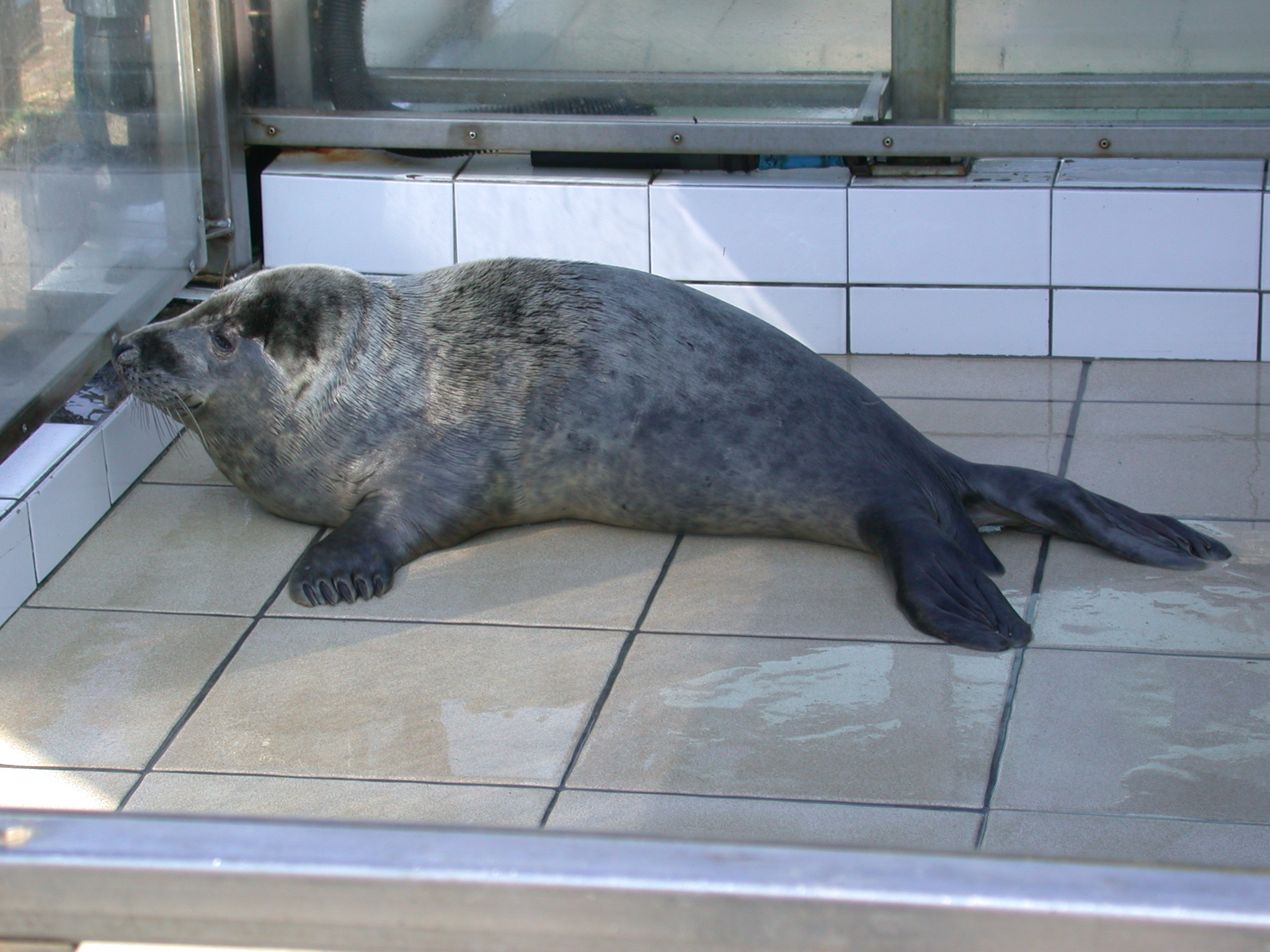esmeralda04d27
About esmeralda04d27
Exploring Efficient Treatments For Consuming Disorders: A Comprehensive Case Research
Consuming disorders (EDs) are complicated psychological well being situations characterized by abnormal eating habits that may negatively have an effect on a person’s bodily and emotional health. If you have any concerns concerning the place and how to use over the counter ed remedies, you can speak to us at our web-page. Common forms of consuming disorders embrace anorexia nervosa, bulimia nervosa, and binge-eating disorder. This case examine explores numerous treatment modalities for consuming disorders, specializing in a hypothetical affected person named Sarah, a 24-12 months-old woman diagnosed with bulimia nervosa.
Background
Sarah is a school student who has been struggling with body image issues since her teenage years. After experiencing a traumatic event throughout her junior yr in highschool, she developed bulimia nervosa, characterized by cycles of binge eating adopted by purging. Sarah’s weight fluctuated significantly, and she faced severe bodily and emotional consequences, together with electrolyte imbalances, dental erosion, and anxiety.
Recognizing the severity of her situation, Sarah sought help from a multidisciplinary treatment staff, which included a psychiatrist, a psychologist, a dietitian, and a medical doctor. This case research will define the treatment interventions employed, their effectiveness, and the challenges faced all through Sarah’s recovery journey.
Assessment and Diagnosis
Step one in Sarah’s treatment was a complete assessment conducted by her treatment group. This included a clinical interview, medical evaluation, and psychological testing. The evaluation revealed that Sarah had a physique mass index (BMI) within the normal vary but exhibited important preoccupation with weight and physique form. Additionally, she reported emotions of shame and guilt associated with her consuming behaviors.
Based on the DSM-5 criteria for bulimia nervosa, Sarah’s prognosis was confirmed. The treatment crew collaboratively developed a personalized treatment plan that addressed her physical, psychological, and nutritional needs.
Treatment Modalities
- Cognitive Behavioral Therapy (CBT)
Certainly one of the first therapeutic approaches utilized in Sarah’s treatment was Cognitive Behavioral Therapy (CBT). CBT is an evidence-based psychotherapy that focuses on identifying and modifying negative thought patterns and behaviors. Sarah attended weekly individual therapy classes along with her psychologist, the place they explored the underlying ideas contributing to her eating disorder.
By means of CBT, Sarah learned to problem her distorted beliefs about food and body image. For instance, she began to acknowledge that her self-value was not determined by her weight. The therapist also introduced coping strategies to manage anxiety and stress, which regularly triggered her binge-purge cycles. Over time, Sarah reported a lower in her binge eating episodes and an enchancment in her temper.
- Nutritional Counseling
Recognizing the importance of nutrition in restoration, Sarah worked closely with a registered dietitian who specialized in eating disorders. The dietitian conducted a thorough evaluation of Sarah’s consuming habits and nutritional wants. Collectively, they developed a structured meal plan aimed at normalizing her eating patterns and addressing nutritional deficiencies.
The dietitian educated Sarah about balanced eating and the significance of normal meals and snacks. They also centered on serving to her develop a healthier relationship with meals, emphasizing the concept of intuitive consuming. Sarah learned to hearken to her body’s starvation and fullness cues, which was a big shift from her earlier restrictive behaviors.
- Medical Monitoring
Given the bodily health dangers associated with bulimia nervosa, Sarah’s treatment included common medical monitoring. Her main care physician conducted routine test-ups to assess her bodily health, specializing in electrolyte levels, coronary heart function, and total properly-being. Sarah’s doctor also provided education concerning the potential lengthy-term health penalties of bulimia, reinforcing the importance of adhering to her treatment plan.
- Group Therapy
In addition to individual therapy, Sarah participated in a weekly assist group for individuals with consuming disorders. Group therapy provided a protected space for Sarah to share her experiences, challenges, and successes with others who understood her struggles. The sense of community and assist from peers was very important in reducing her feelings of isolation and disgrace.
Throughout group sessions, individuals engaged in discussions about body image, self-acceptance, and coping methods. Sarah found comfort in hearing others’ tales and realized that restoration was a shared journey. The group dynamic fostered accountability and encouraged her to stay committed to her treatment objectives.
Challenges and Progress
Throughout her treatment, Sarah faced several challenges. Relapses in her consuming behaviors have been common, notably throughout occasions of stress, equivalent to exams or personal conflicts. However, her treatment workforce emphasised the significance of viewing setbacks as a part of the recovery course of fairly than failures.
Sarah learned to utilize the coping strategies she developed in therapy to navigate these difficult moments. She practiced mindfulness strategies, akin to deep breathing and meditation, to handle her anxiety. Moreover, her assist system, together with mates, household, and group members, played a vital position in serving to her stay motivated and focused on her restoration objectives.
Final result and Conclusion
After six months of intensive treatment, Sarah made significant progress. Her binge-purge cycles decreased in frequency, and she reported feeling extra accountable for her consuming habits. Sarah’s overall temper improved, and she developed a extra optimistic physique image. She additionally gained valuable skills to cope with stress and anxiety, which have been essential parts of her restoration.

While Sarah’s journey was not with out challenges, her commitment to treatment and the support of her multidisciplinary team were instrumental in her recovery. This case study highlights the effectiveness of a comprehensive, individualized method to treating consuming disorders. By addressing the psychological, nutritional, and medical points of Sarah’s situation, her treatment staff was able to support her on the path to recovery.
In conclusion, consuming disorders are advanced and multifaceted conditions that require a holistic treatment strategy. Combining psychotherapy, nutritional counseling, medical monitoring, and peer assist can lead to constructive outcomes for people like Sarah. Ongoing analysis and awareness are essential to bettering treatment methods and supporting those affected by eating disorders of their restoration journeys.
No listing found.
